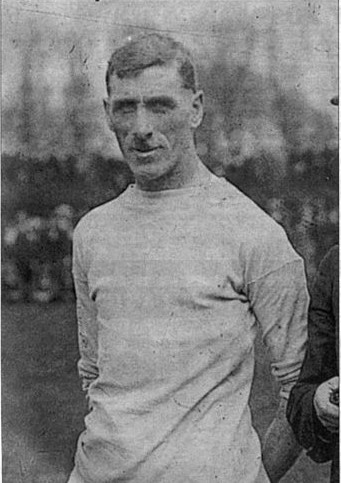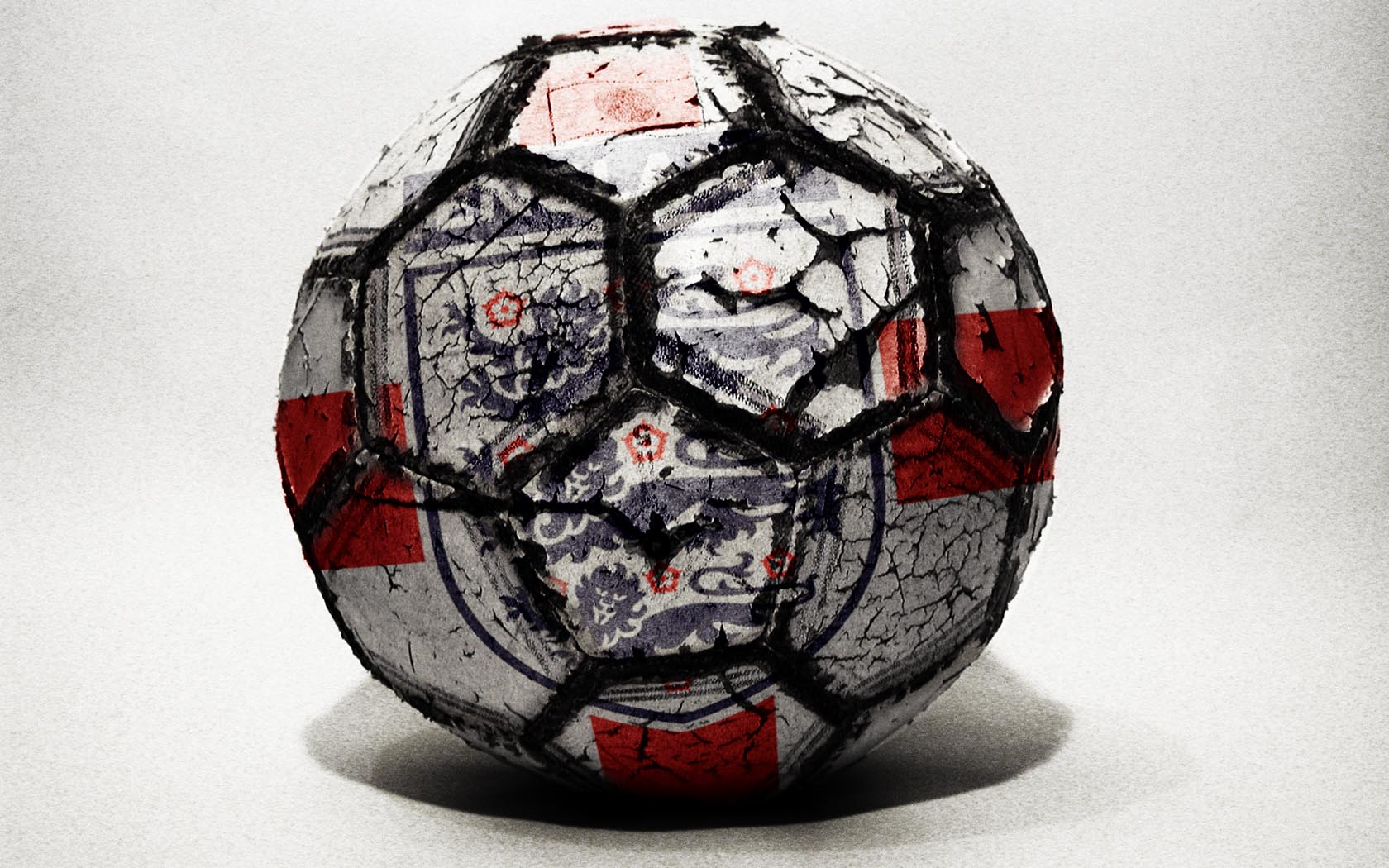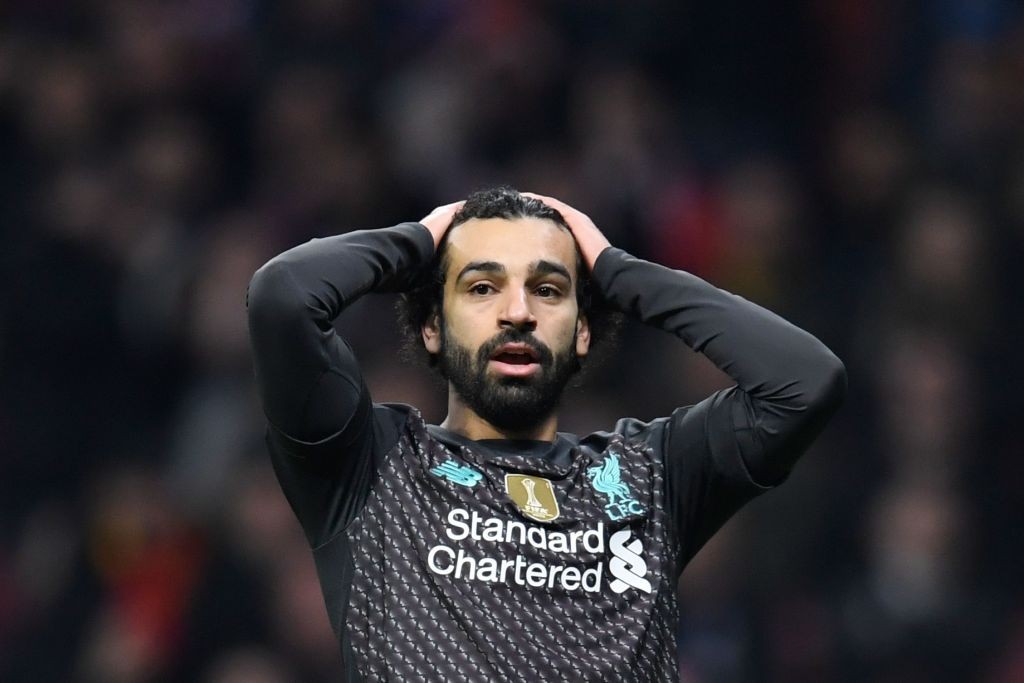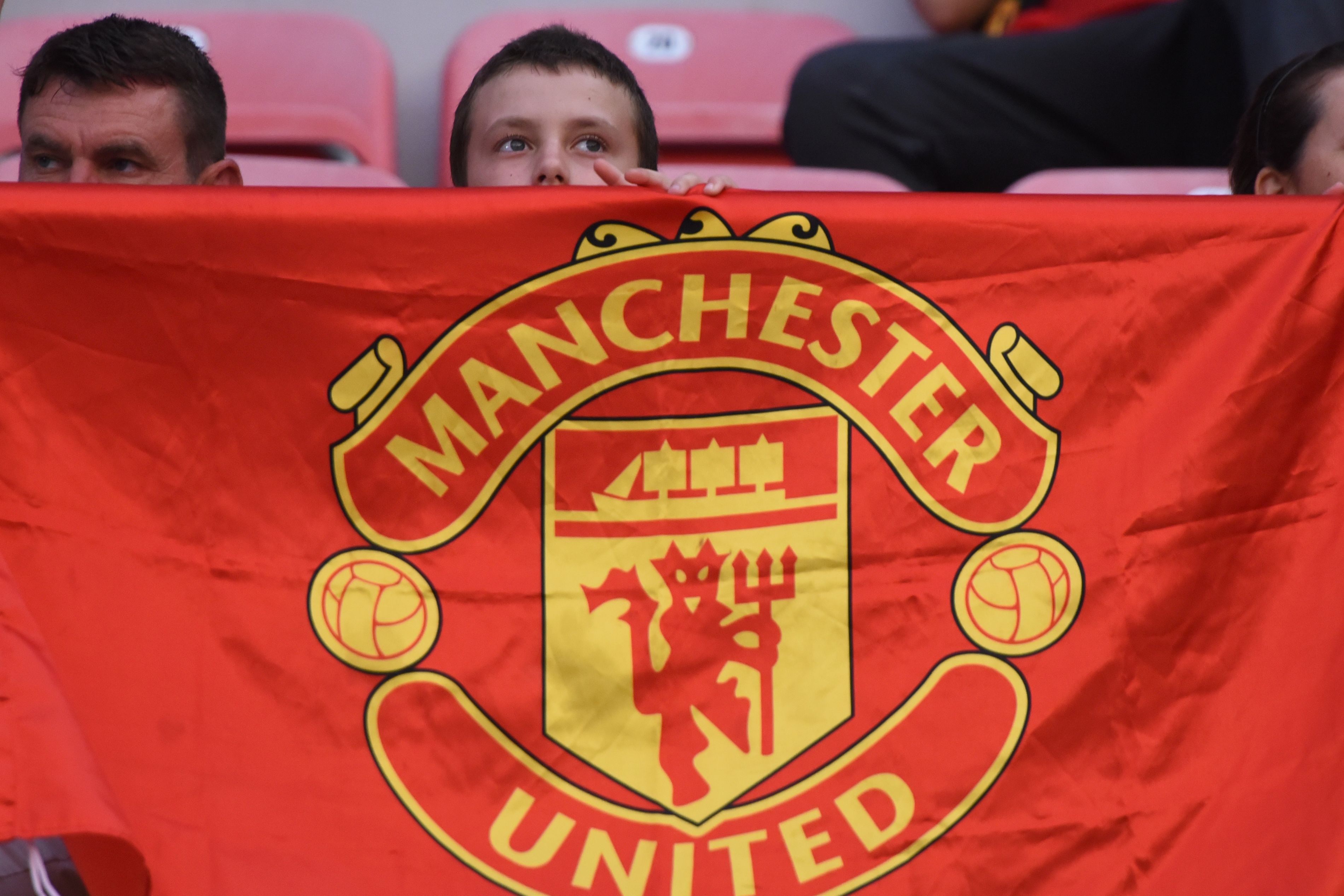Let’s begin with a question. Have you ever played Football Manager? As soon as you choose a club to manage and enter your credentials to start the season, an official statement is made by the club announcing your appointment. You are then told by the board about your transfer budget and the club’s ambitions for the season. With the club you choose and the money you get in your transfer kitty, don’t you get tempted straight away to get into Search Mode and scout and bid for the hottest property in the world of football? Sure you do!
Off-season and our excitement and energy levels are generally at an all time low, because the weekdays simply do not build up to anything! However, on the contrary, clubs around the globe (especially Europe) need to get their act in place right during the Off-season. The Transfer Window – a time when clubs have to decide the departees and the new signings; a time when a player expresses his desire to move to a new club and hence psychologically sets the wheels of his future in motion. Our daily lives are flooded with rumours, quotes (and misquotes), opening bids, secret deals and almost everything under the sun. Well, a football transfer is not just a Go-Watch-Bid-Buy process. There’s lot more to it than meets the eye. In this series, we will unravel these miniscule atoms of a football transfer, starting from their inception.
Let’s Transfer Back Into History
The genesis of the Football Association can be traced back to 1863. Football clubs existed at that time but the FA, a football governing body, first of its kind, was the brainchild of Ebenezer Cobb Morley, founder and captain of Barnes Football Club.
The FA was ruled by the society’s rich and famous, who took pride in calling the shots. Such domination was prevalent for about two decades. At that time, there were a number of clubs under the FA’s gamut and with the new found FA Cup competition in place, football grew as professional facet and it became as important to keep players as it was to play in cup competitions. Hence, the football league was formed.
As the Football League grew in size, it became vital for the FA to introduce a structure that would help identify, track and maintain player-movements within the league. Hence, in 1893, the FA introduced a mandatory rule stating that every player must register with the FA annually. Participation sans registration was barred. Besides this, the player would not enjoy the freedom of switching clubs without FA’s permission, as was the case earlier. In addition to this enforcement, the Football League drafted an addendum, announcing that – once a player signed on for a club, the club was given the right to keep him for as long as it wants. If the player wished to move, he had to take his club’s permission. And so, the transfer system was born and was referred to as the Retain & Transfer System.
The Repercussion
In 1894, Derby County suggested to impose a maximum wage of 4 Pounds a week for players. This rule sat well with those who weren’t earning up to 4 pounds per week but several players were so good that they were earning as much as 10 pounds in the same length of time. The talent pool was beginning to get narrowed down to the richer clubs only. This created a disturbing imbalance in the league, which is why the mandatory registration with the FA and the club was put into place.
Renewing contracts in this situation was a death trap. If a player did not want to renew his contract and did not get permission to move to another club, then his current club had the right to keep him as long as it wanted to without fielding him on the pitch and also without paying him any salary. To add to the player’s woes, the FA abolished the free market and allowed clubs to reduce player wages while retaining their services. Players were also denied the flexibility of negotiating new contracts with their clubs and had to settle for what was offered. This dilemma only left two choices in front of the players –
– Join the Southern League or the Scottish League, both of which were devoid of the stringent rules and restrictions that were employed in the Football League.
– Quit playing professional football altogether and return to full-time employment.
At first, several players went ahead and joined the Southern League since it imposed lesser restrictions on player movements and wages. Around the same time, a bunch of the players, who were earning more than the proposed wage limit decided to get together and form an association, whose motive was to convince the FA to take a U-turn on their decision on the wage cap so that a player’s professional outlook towards the game is vindicated. Some of these players were John Cameron, Tom Bradshaw, Billy Meredith, John Bell and Abe Hartley; fine talents of that era. The association was coined as Association Footballers’ Union (AFU) and was started in 1898.
The lifespan of the AFU wasn’t much. Several players from the Union were offered high wages in the Southern League itself, including Union secretary John Cameron, who joined Tottenham Hotspurs. This initiated a domino effect and the entire union eventually disintegrated and collapsed under its own roof. The Southern League itself went under the Retain & Transfer System by 1910.
The FA Domination and Arrival of the AFPU
By the turn of the 20th century, everyone was aware of the power of the FA, its strict impositions and unreasonable policies. In 1900, the FA abolished all player bonuses and put its foot down on the maximum wage limit to be set to 4 pounds. It seemed like there was nobody, who could contest the FA’s clout at this point in time.

Billy Meredith took a brave step
In 1907, Billy Meredith and several other players met at Manchester to discuss the unfair treatment of players and their lack of participation in framing decisions about their careers. The result was the formation of the AFPU (Association Football Players Union). Although this organization could do very little to address the wage issue, it did ensure that the players received their bonuses for good performances and compensations in case of any severe injuries or deaths. However, the FA again proved its antagonistic nature in April 1909 when it ordered the members of the AFPU to resign. Failure on their part would lead to the termination of their registration as professional footballers. Clearly several players relinquished the Union even though some stayed put and continued their struggle against the FA. Several years have gone by and the AFPU has grown with time and is today referred to as the PFA (Professional Footballers’ Association).
Post First World War Era – End of the Wage Structure
After the First World War, the FA increased player wages to 10 pounds per week but this was again reduced in subsequent until it came down to 7 pounds per week during close season. This system was in place till about 1947. Around this time, a National Arbitration Tribunal was set up, which ordered for the maximum wage to be increased to 12 pounds during playing season and 10 pounds during close season. At that point, a minimum wage structure was also introduced and players above the age of 20 were entitled to a minimum of 7 pounds per week.
The wage demands kept increasing henceforth and were set to as high as 20 pounds per week in 1958. In 1960, there was another uprising for an increase in wages and when the players backed this up with a threat to go on a strike, the Football League and FA had no choice but to abolish the maximum wage system altogether.
The transfer system has seen its fair share of changes over time. However, what the above words want to convey is that money was, is and will always be a big part of football transfers. The stark difference between then and now is that the majority of players back in the past respected and aspired to play the beautiful game and were willing to compromise somewhere down the road but we rarely find players today, who care less about their contracts and more about their careers.
In the next part of this series, we will have a closer look at the transfers as they are today and the different actors involved in it.





